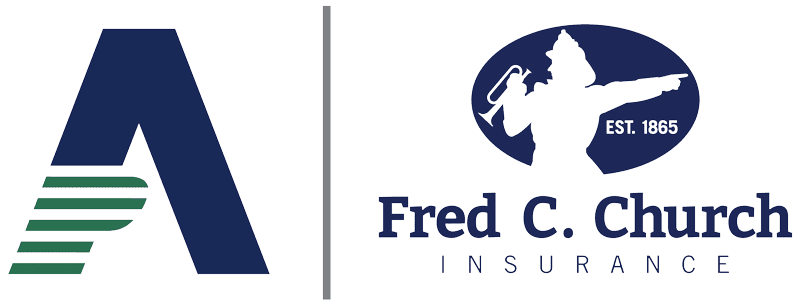October 2023 Employee Benefits Compliance Alert
Release Date: October 6, 2023
Massachusetts Announces 2024 Paid Family and Medical Leave (PFML) Rates for State PFML Program
Introduction
Massachusetts employers who are enrolled in the state PFML plan are responsible for sending family and medical leave contributions to the Department of Family and Medical Leave (DFML) on behalf of their covered individuals. To do this, employers must withhold PFML contributions from employees’ paychecks. Employers are only required to send an employer contribution if they have 25 or more covered individuals in their workforce. If the employer has fewer than 25 employees, they must remit the employee’s mandatory contribution.
Individual contributions are capped by the Social Security taxable maximum.
By October 1 of every year, the DFML must announce the contribution rates for the coming year. Contribution rates are on a January 1–December 31 calendar year basis. The new contribution rate applies to wages earned on or after January 1 of each year.
What follows is 2024 guidance just announced by the DFML.
1. Increase in the employer contribution rate for employers with 25 or more employees from 0.63% to 0.88%.
Employers with 25 or more covered individuals must send to DFML a new and increased contribution of 0.88% of eligible wages. This contribution can be split between covered individuals’ payroll or wage withholdings and an employer contribution. The 0.88% is an increase over the 0.63% 2023 rate. The primary drivers behind the 2024 increase are an increase in the medical contribution to 0.70% from 0.52% (2023) and an increase in the family contribution to 0.18% up from 0.11% (2023).
Action item
In light of the increase discussed above, employers who currently participate in the state PFML plan may want to consider whether the state program increase warrants their consideration to leave the state program and join an approved private fully insured or self-funded PFML plan that would require application to and approval by the state.
2024 Rate for Employers with 25 Employees or More

Family leave
Up to 100% of the family leave contribution can be withheld from a covered individual’s wages (0.18% of eligible wages).
Medical leave
Up to 40% of the medical leave contribution can be withheld from a covered individual’s wages (0.28% of eligible wages). Employers are responsible for contributing the remaining 60% (0.42% of eligible wages).
2. For employers with fewer than 25 employees, the employee contribution has increased.
Employers with fewer than 25 covered individuals must send an effective contribution rate of 0.46% of eligible wages. This is an increase over the 2023 employee contribution rate of 0.318%. This contribution rate is less than the rate for employers with 25 or more employees, because small employers are not required to pay the employer share of the medical leave contribution.
2024 Rate for Employers with Fewer than 25 Employees

Family leave
Up to 100% of the family leave contribution can be withheld from a covered individual’s wages (0.18% of eligible wages).
Medical leave
Up to 100% of the medical leave contribution can be withheld from a covered individual’s wages (0.28% of eligible wages). There is no employer share for employers with fewer than 25 covered individuals.
3. Increase in the maximum weekly benefit.
The maximum weekly benefit amount that an employee can receive in PFML benefits in 2024 will be $1,144.90 per week, which is an increase over 2023’s maximum weekly benefit of $1,129.82.
4. Release of annual report regarding 2023.
The Department of Family and Medical Leave of Massachusetts has published its FY2023 annual report, which can be found here: Mass.gov – Dfml Annual Reports.
5. Additional resources.
Release Date: October 25, 2023
2023 Massachusetts HIRD Form Filing Window Approaches for Employers
1. What Do You Need to Do?
Attention Massachusetts employers with six or more employees in the state. Filing can be done as early as November 15, 2023, on the MassTaxConnect (MTC) web portal. The annual Health Insurance Responsibility Disclosure (HIRD) form is due no later than December 15, 2023.
2. Which Massachusetts Employers Have to File the HIRD Form?
Massachusetts requires every employer with six or more employees to annually submit a HIRD form. If you are an in-state or out-of-state employer who had six or more employees within Massachusetts during the past 12 months, you are required to complete the HIRD form. An individual is considered to be your employee if you, as the employer, reported the individual in any quarterly wage report submitted to the Massachusetts Department of Unemployment Assistance (DUA) during the past 12 months.
If you are an out-of-state employer that is not required to file a quarterly wage report to the DUA, an individual is considered to be your employee if they are hired for a wage or salary in Massachusetts to perform work, regardless of full-time or part-time status.
Employers that are no longer in business are not required to file the HIRD form.
3. Why Do You Need to Do It?
In 2018, the state of Massachusetts reintroduced the HIRD form, which originated under Massachusetts Health Care Reform in 2006. The HIRD form is a state reporting requirement that collects information about your employer-sponsored insurance (ESI). The HIRD reporting is administered by MassHealth and the Department of Revenue (DOR) through the MTC web portal. The HIRD form will assist MassHealth in identifying its members with access to qualifying ESI who may be eligible for the MassHealth Premium Assistance Program.
If you employ or employed six or more employees in Massachusetts, you will need to submit a HIRD form. Employees would be defined as full-time, part-time, or any employee that is hired to perform work for a wage or salary in Massachusetts, regardless of if you were required to file a Department of Unemployment Assistance (DUA) report.
The HIRD form consists of questions related to each medical plan that you offer. Some information, such as deductibles and out-of-pocket maximum levels, may be found within your summary of benefits.
You may also be asked to provide:
- eligibility waiting periods;
- minimum hours worked per week to qualify for health insurance;
- any eligibility categories—for example, full-time, part-time, salary, hourly;
- plan year/renewal date;
- monthly cost for each plan, including employer and employee cost share.
The HIRD form does not seek information about nonmajor medical benefits such as dental and vision coverage.
4. How Do You Do It?
The state of Massachusetts provided the following instructions on filing through the MTC web portal:
- Log in to your MTC withholding account here.
- Select the “File health insurance responsibility disclosure” hyperlink under the account alerts.
If you do not have an MTC account, or if you forgot your password or username, you may follow the instructions provided on the MTC web page (https://mtc.dor.state.ma.us/mtc/_/#1) or contact the DOR at 617-466-3940.
While it is the responsibility of the employer to ensure that the HIRD form is filed timely, the HIRD form may be filed on the MTC portal by either you or your payroll provider. You may want to contact your payroll provider to determine if they will provide this service on your behalf. Generally, payroll providers do not have access to all the pertinent information required to complete the online form. As a result, it is best to work in conjunction with your health insurance broker and other health insurance vendors to file the HIRD form(s).
5. There Is a Penalty If You Do Not File.
An employer who knowingly falsifies or fails to file any information required on the HIRD form shall be subject to a penalty of not less than $1,000 or more than $5,000 for each violation.
6. Where Can You Get More Information?
Massachusetts has released helpful guidance and frequently asked questions related to the HIRD form that can be found here: Mass.gov – Health Insurance Responsibility Disclosure (HIRD) FAQs.
M.G.L. Chapter 118E, Section 78: Employer Healthcare Coverage Form.
Massachusetts Department of Revenue (HIRD Form Customer Service) 617-466-3940
Release Date: October 26, 2023
Massachusetts Announces Legislative Change Allowing for Employers to “Top Off” Paid Family Medical Leave (PFML) Benefit That Is Paid from the Massachusetts Paid Family Leave Program
Who Is Impacted?
Employers and employees enrolled in the Massachusetts-sponsored PFML program.
What Happened?
The Massachusetts legislature recently amended the Paid Family Medical Leave (PFML) law to allow employers, enrolled in the state PFML program, to supplement, i.e., “top off,” a PFML weekly benefit that an employee receives so long as the entire amount does not exceed the state-calculated individual average weekly wage (IAWW). The IAWW is calculated by the Department of Family and Medical Leave (DFML) from the amount an employee earned in the last four completed calendar quarters before the start of the employee’s benefit year. The IAWW is the average amount the employee earned per week in the two quarters when the employee earned the most money (or the one quarter with the most money if the employee only worked in two or fewer quarters).
Example: An employee’s IAWW = $2,000 and they have an approved PFML application that pays $1,100 per week. The employee may top off that amount with PTO up to $900, if available. Prior to this change, an employee’s receipt of PTO or accrued paid leave of some form from his/her employer would disqualify the employee from any state PFML benefit for the same time period.
When Does This Change Take Effect?
November 23, 2023.
Resources
- A copy of the state’s announcement, including screenshots of an example, can be found here
- Mass.gov – Information for Employers
- Mass.gov – Information for Employees
Note: This alert constitutes compliance advice from the Fred C. Church Agency as your employee benefits broker and does not establish an attorney-client relationship with the recipient, who is free to consult with legal or tax counsel of their own choosing.



